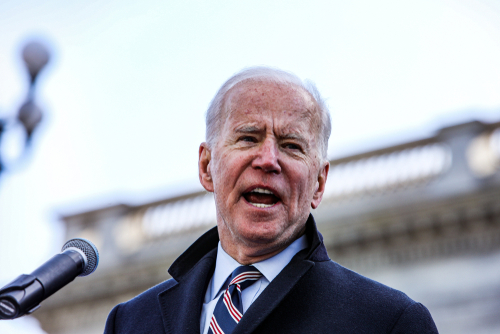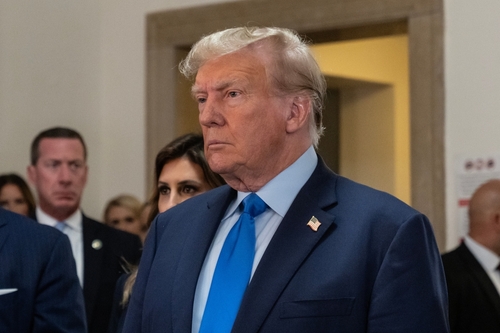Listen To Story Above
On Sunday, a Republican congressman drew attention to Chinese-owned retail stores operating within Fort Bragg, sparking concerns about national security. Rep. Pat Harrigan of North Carolina shared a 45-second video on X, highlighting four GNC locations at the military installation.
GNC, a well-known retailer of vitamins, supplements, and fitness products, maintains over 6,000 stores worldwide, with more than 4,000 in the United States. The company’s roots trace back to Pittsburgh during the Great Depression, where it began as a family enterprise. However, in 2020, the Chinese firm Harbin Pharmaceutical Group acquired GNC following its bankruptcy.
The relationship between Chinese businesses and the Communist Party remains complex. While China’s private sector has expanded, state-owned and mixed-ownership enterprises still dominate, representing 67 percent of the country’s market capitalization under the Communist Party’s leadership since 1949.
I joined @NEWSMAX to shine a light on something I exposed: a Chinese Communist Party–owned company is running GNC stores on more than 80 U.S. military bases.
They’re selling to our troops, likely collecting personal data, and—just like TikTok—claim it’s not going back to China.… pic.twitter.com/cqnBBy4gFp
— Congressman Pat Harrigan (@RepPatHarrigan) April 4, 2025
Prior to the acquisition, concerns about Chinese ownership of GNC had already surfaced. In 2020, then-Senator Marco Rubio requested a security review of the Harbin purchase, expressing worries about potential access to American consumer data.
“The acquisition of a major health and nutrition chain with over 5,200 retail stores in the United States and an expansive customer base presents the opportunity for state-directed actors to purchase this information legally,” Rubio said at the time.
Harrigan, who recently introduced the Military Installation Retail Security Act of 2025, demonstrated his commitment to addressing this issue in his video tour of Fort Bragg.
“If I have anything to say about this, and I do, they’re not gonna be here for long,” Harrigan said.
The congressman further emphasized his position in an accompanying post: “The Chinese Communist Party has no business anywhere near our warfighters! I went to Fort Bragg, the heart of our Special Operations Forces, and found not one, not two, not three… but FOUR CCP-owned GNCs operating on base.”
The video quickly gained traction, accumulating over two million views by Tuesday morning. Fellow Republican Rep. Ben Cline of Virginia joined the discussion, highlighting that GNC operates 85 locations on U.S. military bases, including seven in Virginia.
This week, I introduced the Military Installation Retail Security Act, a bill that does what should’ve been done a long time ago:
It bans companies owned or controlled by China, Russia, North Korea, or Iran from operating on U.S. military bases.
It’s unbelievable that the… pic.twitter.com/Wsky1M0blD
— Pat Harrigan (@PatHarriganNC) April 4, 2025
“This is a MAJOR national security threat,” Cline wrote, accusing GNC of concealing its Chinese connections.
GNC spokesman Nick Sero defended the company’s operations, stating: “We are run by a U.S.-based leadership team and are governed by strict U.S. security protocols. Customer data is protected by third-party controls approved by the Department of Defense, and no data is shared with or accessible to our parent company.”
The situation exemplifies the challenges of balancing foreign investment with national security concerns. While foreign investment can benefit the economy, the acquisition of American companies by entities from potentially hostile nations raises valid security considerations, particularly when these businesses operate on military installations.
The GNC case at Fort Bragg represents a broader debate about globalization’s impact on American businesses and the potential risks associated with foreign ownership of companies operating in sensitive locations. This scenario highlights the ongoing tension between economic openness and national security priorities.






